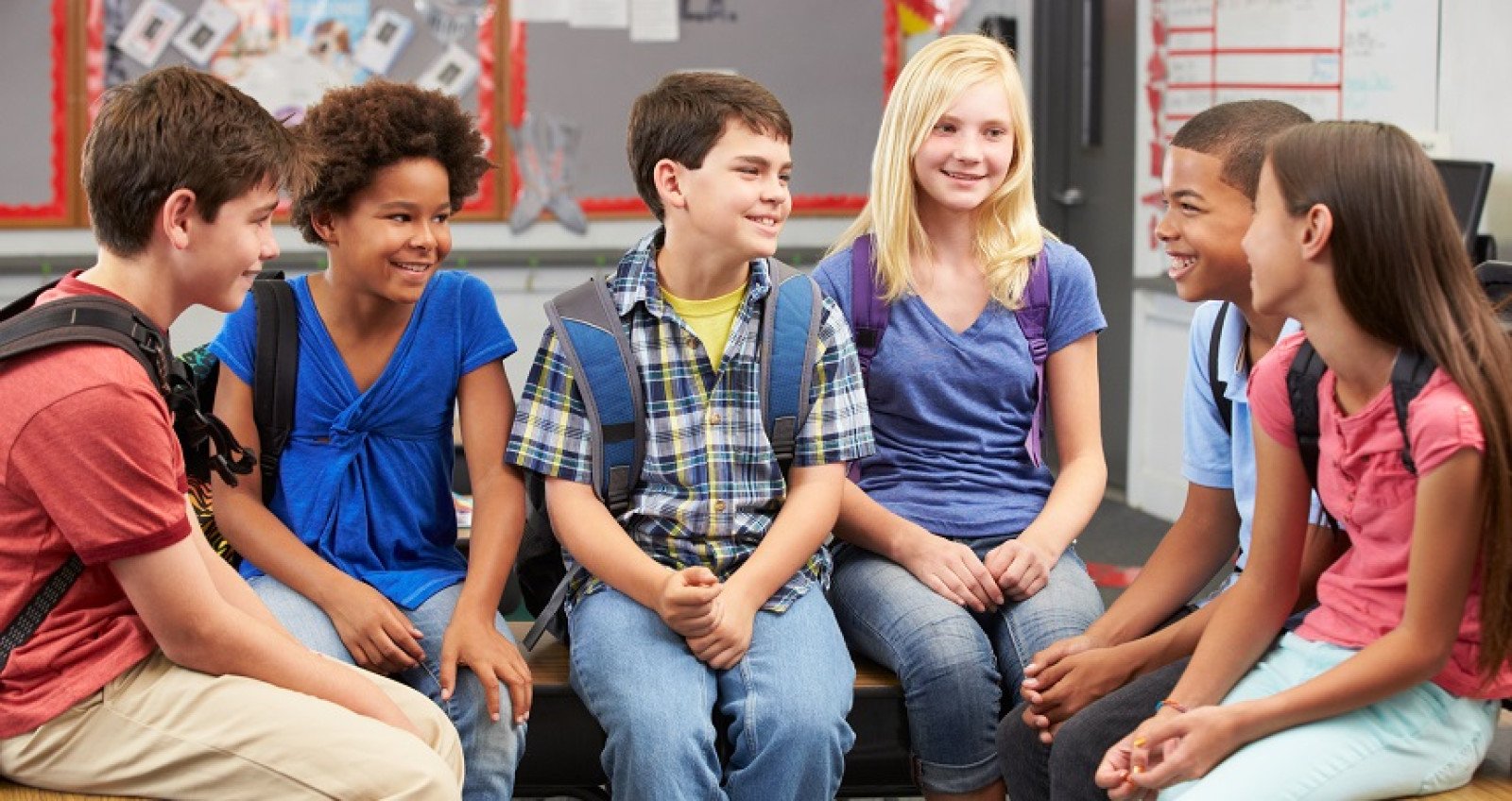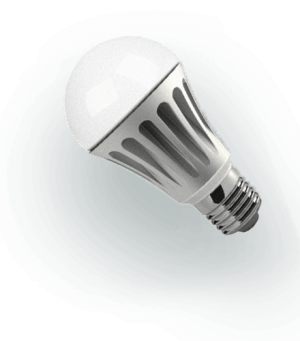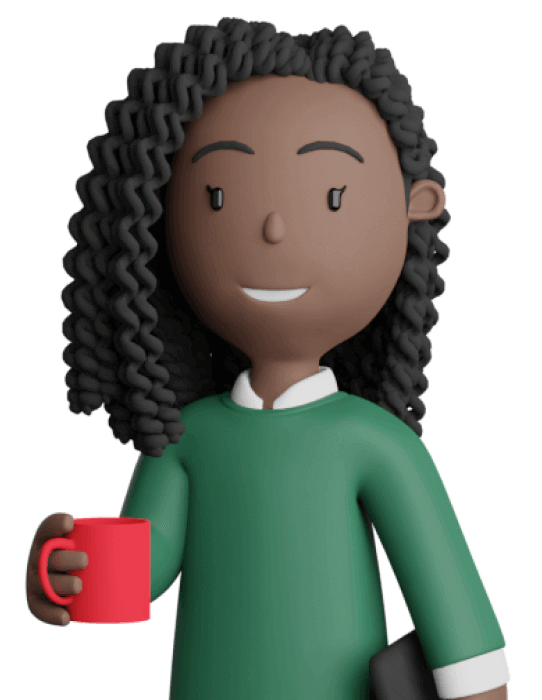Conservation
The United Nations (UN), then and now
Explore the origin of the UN, and how it is relevant in today’s world.

Overview
Discuss the origins of the United Nations in the historical context of the end of World War II and consider its role in the world today. Students will focus on the role of the UN Environment Programme (UNEP) which addresses global issues like climate change. In small groups, students will work on mind maps to generate ideas for UNEP projects, then research actual UNEP projects.
Instructions
What you'll need
- Laptop and projector
- "History of the United Nations" video (Source: Behind the news)
- “UNEP mind map instructions" handout, 1 per groups of 3 or 4 students
- Pens or pencils for each student
- Start with a class discussion asking students if they know anything about the United Nations. When was it created? Why was it created?
- Watch this video: "History of the United Nations".
- Review key points of the video.
- The UN was created in 1945, with the goal of maintaining global peace, after millions died in World War II.
- Today, there are 193 member states.
- The Security Council has military decision-making power, with five permanent members (United Kingdom, France, USA, Russia, China) and 10 members on two-year terms.
- Ask students why they think an international body like the UN would be useful in addressing big global problems like world peace. Let them think about why it would be useful to have all the different countries in one room together, and how it can help break down barriers to understanding, encourage cooperation, and make it easier for leaders to have conversations with people who they might consider “enemies”.
- As a class, brainstorm what other global problems the UN is addressing or could help to address. Write ideas down on the board. Some ideas may include climate change, poverty, pollution, plastic in the ocean, health crises like COVID-19 or HIV/AIDS. These issues affect people around the world and an organization like the UN can help countries to work together toward solutions.
- The UN has many agencies and programs. Ask students to consider if they have heard of any like UNICEF.
- The UN established UNICEF in 1946 to meet the emergency needs of children in post-war Europe and China.
- In 1950 UNICEF’s mandate was extended to address the long-term needs of children and women in developing countries everywhere.
- Next, ask students to focus on the environment and climate change. In 1972, the UN Environment Programme (UNEP) was created to address global environmental issues. For example, in 1987, the UNEP brought countries together to negotiate the Montreal Protocol, which addressed the problem of chemicals that were creating a hole in the ozone layer, and because of agreements to ban harmful chemicals like chlorofluorocarbons (CFCs), the hole is projected to heal by the 2060s.
- Provide groups the “UNEP mind map instructions" handout. Students will brainstorm roles for the UNEP to combat current environmental problems.
- Tell students that they will work in small groups (3 or 4) to create mind maps to explore ways UNEP could be combatting global environmental issues.
- On the handout is the mission of the UNEP which is to inspire, inform, and enable nations and peoples to improve their quality of life without compromising that of future generations.
- Have them choose 3 to 4 big topics like water, agriculture, or energy, choosing from the list that was created during the class brainstorm. Remind students that the UN’s role is to create international programs and agreements, so they should be thinking of projects on an international scale.
- Once they have chosen their topics challenge them to come up with 2 to 5 ideas for projects that the UNEP could do to address those problems.
- When the mind maps are complete, ask each group to share their project ideas with the class.
- Either on a screen visible to the class, or each student on individual devices, explore existing UNEP programs on their website. Ask students to look for programs that match their own ideas to see if they already exist.
Modify or extend this activity
- Pull up the “Understanding the Paris Agreement” to explore how the collective action on climate change are being addressed.
- Watch this video about the history and progress of the UNEP.
- Have groups make mind maps on large display paper and post them in the classroom for all students to see.
- BC Hydro supports the UN's sustainable development goals by embedding environmental, social, and governance (ESG) into our work. Help students understand their contribution to social responsibility by downloading the ESG Origami Fortune Teller.
Curriculum Fit
Grade 6 Socials
Big ideas
- Complex global problems require international cooperation to make difficult choices for the future. Key questions: What are the rights and responsibilities of a global citizen
- Economic self-interest can be a significant cause of conflict among peoples and governments.
- Media sources can both positively and negatively affect our understanding of important events and issues.
Content
- roles of individuals, governmental organizations, and NGOs, including groups representing indigenous peoples global poverty and inequality issues, including class structure and gender
Assessments
- Assess students’ understanding of the United Nations as an organization, why it was created and what its role is today.
- Assess students’ ability to effectively collaborate, listening to others and thoughtfully contributing to the discussions.
Teaching Notes
About the UN
- The United Nations is an international organization founded in 1945. Currently made up of 193 Member States, the UN and its work are guided by the purposes and principles contained in its founding Charter.
- The Secretary-General is Chief Administrative Officer of the UN. The Secretary-General is appointed by the General Assembly on the recommendation of the Security Council for a five-year, renewable term.
- The General Assembly is the main deliberative, policymaking and representative organ of the UN. All 193 Member States of the UN are represented in the General Assembly, making it the only UN body with universal representation. Each September, the full UN membership meets in the General Assembly Hall in New York for the annual General Assembly session, and general debate, which many heads of state attend and address. Decisions on important questions, such as those on peace and security, admission of new members and budgetary matters, require a two-thirds majority of the General Assembly. Decisions on other questions are by simple majority. The General Assembly elects annually a President to serve a one-year term of office.
- The Security Council has primary responsibility for the maintenance of international peace and security. It has 15 Members - five permanent members (UK, France, USA, China, Russia) and 10 non-permanent members (two-year terms). Each Member has one vote. Under the Charter, all Member States are obligated to comply with Council decisions. The Security Council takes the lead in determining the existence of a threat to the peace or act of aggression. It calls upon the parties to a dispute to settle it by peaceful means and recommends methods of adjustment or terms of settlement. In some cases, the Security Council can resort to imposing sanctions or even authorize the use of force to maintain or restore international peace and security. The Security Council has a Presidency, which rotates, and changes every month.
- UN also has many programs and funds such as the UN Environmental Programme (UNEP), Children’s Fund (UNICEF) and the World Health Organization (WHO). For a complete list, check out: UN systems.
United Nations Environment Programme (UNEP)
- The United Nations Environment Programme (UNEP) was established in 1972 and is the voice for the environment within the United Nations system. UNEP acts as a catalyst, advocate, educator and facilitator to promote the wise use and sustainable development of the global environment.
- The UNEP addresses issues under many environmental topic including air, climate, energy, forests, gender, technology, oceans, water, transport and more.
- UNEP is headquartered in Nairobi, Kenya.
(Source: UN.org)






